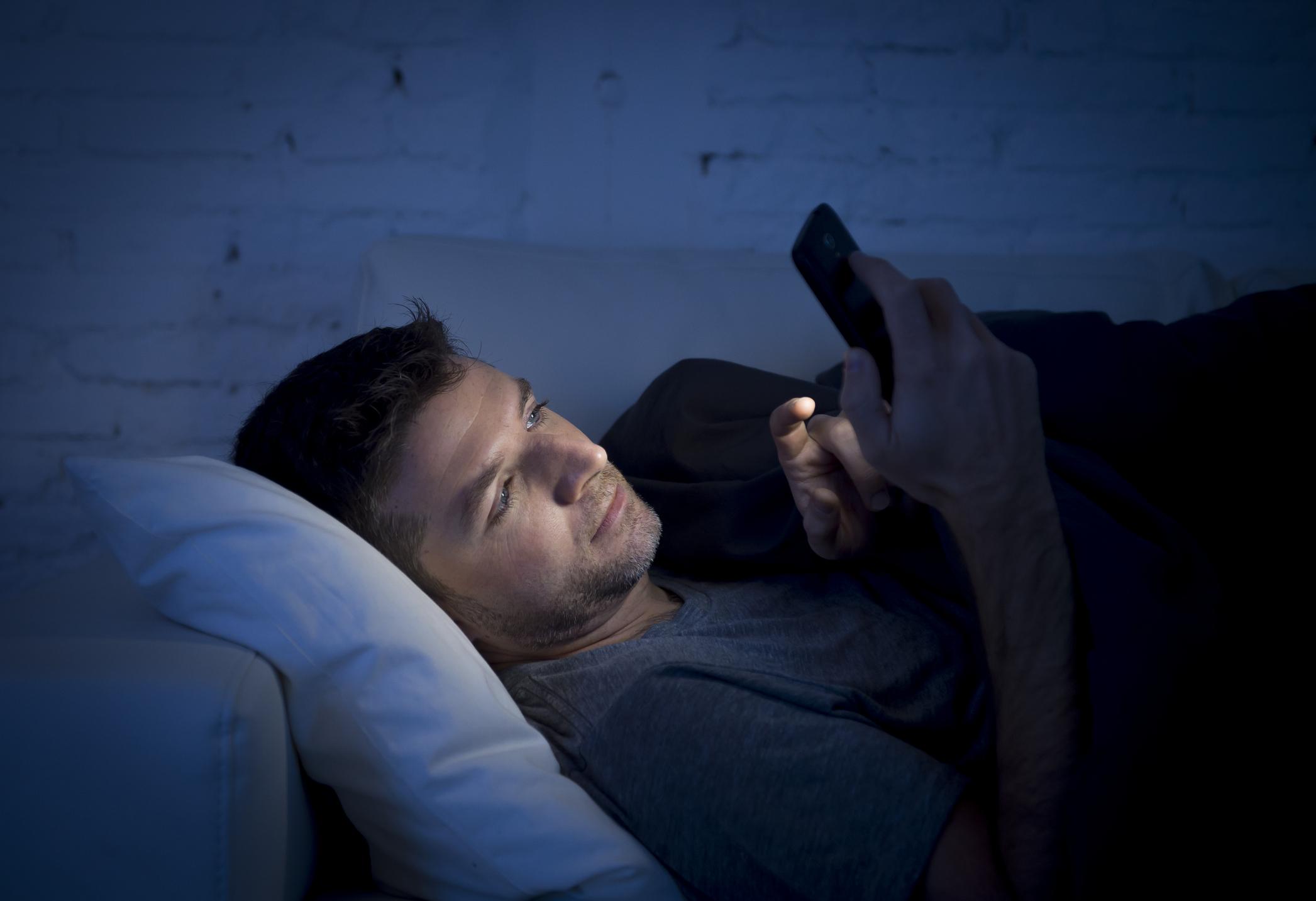The fear of being separated from your phone, or nomophobia, leads to more dangerous behaviors and weakens physical and mental health.

- Out of a panel of 2,838 study participants, almost one in two (43%) spends more than 3 hours a day on their smartphone.
- 99.2% of volunteers reported some form of nomophobia, including fear of not having their phone with them.
- People with nomophobia are fourteen times more likely to engage in dangerous behavior with their smartphone, including using it while driving.
The health crisis and the measures taken to deal with it, such as confinement or curfew, have drastically reduced our social interactions. Screens have taken a central place in our lives, an already too important place since the National Health Security Agency estimates that two thirds of adolescents devote too much time to them. In a study published on August 19 in theInternational Journal of Environmental Research and Public HealthAustralian researchers from Monash University in Melbourne have looked into the phenomenon of nomophobia, the fear of being separated from your phone.
99.2% report some form of nomophobia
Nomophobia is at the root of an increase in dangerous behaviors, according to the conclusions of this study. The more the participants present a high level of nomophobia the more they are likely to engage in dangerous behaviors. “Increased phone use was directly linked to a high level of nomophobia”, noted the researchers. The study was carried out in Australia where there are 109.6 mobile subscriptions per 100 inhabitants against 103.5 per 100 inhabitants worldwide.
Out of a panel of 2,838 study participants, almost one in two (43%) spends more than 3 hours a day on their smartphone. More strikingly, 99.2% of volunteers reported some form of nomophobia, including fear of not having their phone with them. More than 8 in 10 have a mild to moderate level and just over one in ten (13%) have a severe level of nomophobia.
Nomophobes are more dangerous
Young people, between the ages of 18 and 25, exhibited the highest levels of nomophobia. Men are about twice as likely as women to engage in dangerous phone use. In addition, the study reveals that people with nomophobia are ten times more likely to use their phone in a forbidden place, and fourteen times more likely to engage in dangerous behavior with their smartphone, including using it while driving. .
“Our results prove that the fear of being without a mobile phone can lead to problematic addictive, prohibited or dangerous use, each of which can present significant health risks, such as overuse, antisocial behavior, or reckless use. and physically compromising”, concluded the researchers.
.














